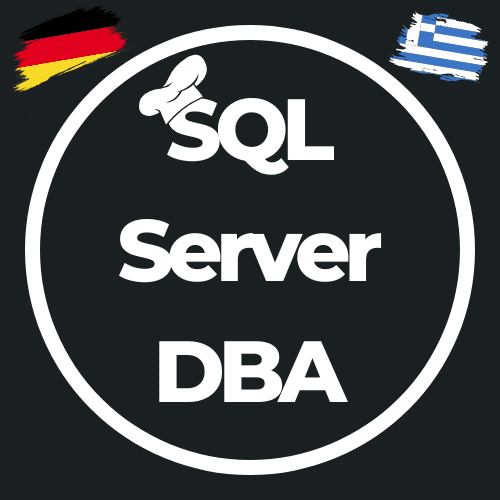Azure SQL Database – Challenges, Pros and Cons, Issues (T-SQL Tuesday #103 Invite)
This post might contain affiliate links. We may earn a commission if you click and make a purchase. Your support is appreciated!

Write what you think about Azure SQL Database
So this is my call for the June 2018 TSQL Tuesday: Tell me/us if you or your company has already started testing of Azure SQL Database or Azure SQL Managed Instance or if you’re already using it. Tell us all about it:- What was your migration tool?
- How did you plan that migration?
- Were there any assessments before the migration?
- Which problems occurred during your test-phase?
- Which problems occurred during your migration?
- Was there any automation around the migration?
- Which scripting language was used for what? Powershell or Azure CLI?
- Is there any automation right now during normal operation?
- Any issues, special requirements or anything else around using Azure SQL Database?
- How do you monitor the database?
- How do you do database maintenance?
- Do you use the builtin tuning options?
This is a T-SQL Tuesday, so there are official rules.
- Publish your contribution on Tuesday, June 12th, 2018. Let’s use the “it’s Tuesday somewhere” rule.
- Include the T-SQL Tuesday Logo and have it link to this post.
- Please comment below with a link to your post.
- Tweet about your post using #tsql2sday.
- If you’d like to host in the future, contact Adam Machanic.
This post might contain affiliate links. We may earn a commission if you click and make a purchase. Your support is appreciated!
Björn arbeitet auch weiterhin aus Griechenland als Senior Consultant – Microsoft Data Platform und Cloud für die Kramer&Crew in Köln. Auch der Community bleibt er aus der neuen Heimat treu, er engagiert sich auf Data Saturdays oder in unterschiedlichen Foren. Er interessiert sich neben den Themen rund um den SQL Server, Powershell und Azure SQL für Science-Fiction, Backen 😉 und Radfahren.
Amazon.com Empfehlungen
Damit ich auch meine Kosten für den Blog ein wenig senken kann, verwende ich auf diese Seite das Amazon.com Affiliate Programm, so bekomme ich - falls ihr ein Produkt über meinen Link kauft, eine kleine Provision (ohne zusätzliche Kosten für euch!).
Auto Amazon Links: Keine Produkte gefunden.

Thanks for hosting! Mine’s at http://blogs.lobsterpot.com.au/2018/06/12/azure-sql-database
Thanks for hosting! Here’s my contribution https://sqlstudies.com/2018/06/12/moving-to-azure-a-change-in-processes-tsql-tuesday-103/